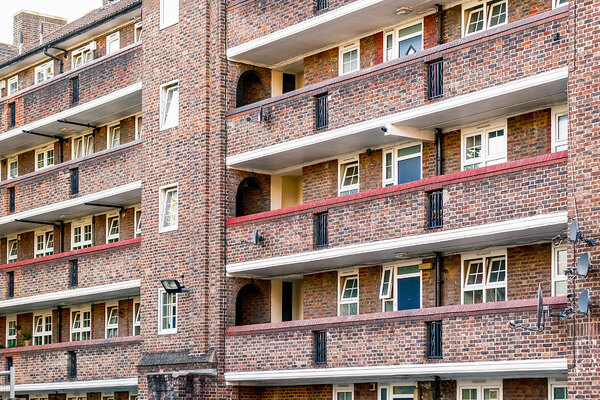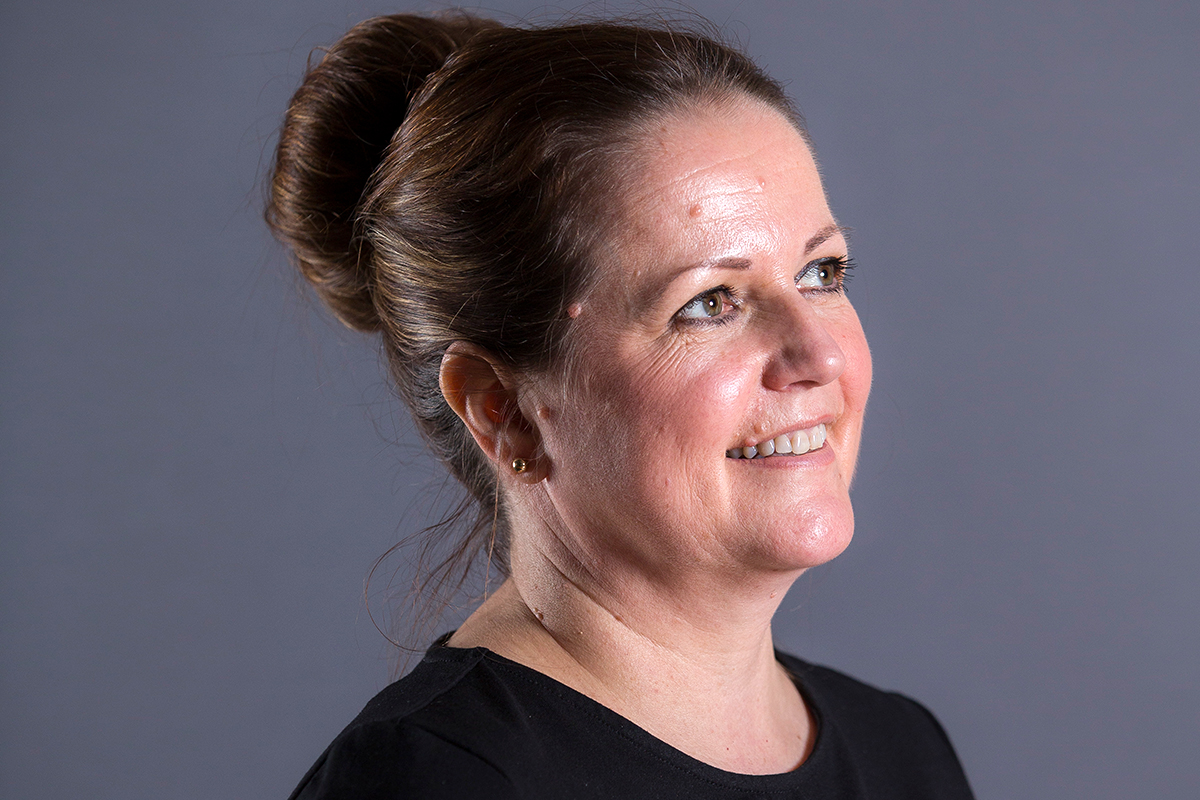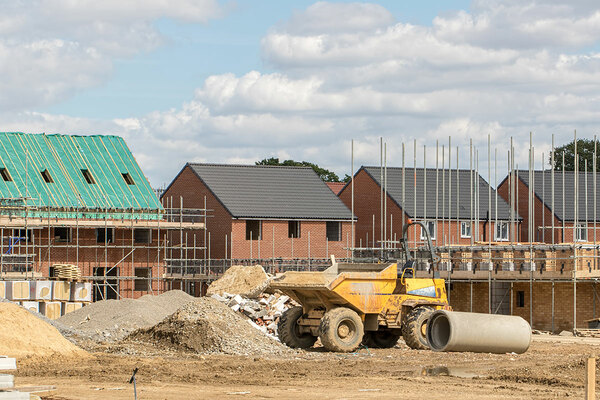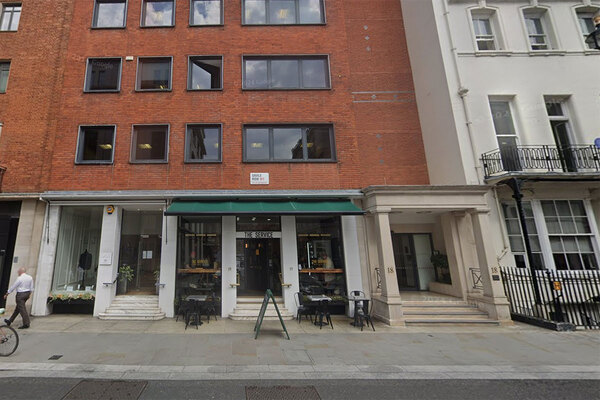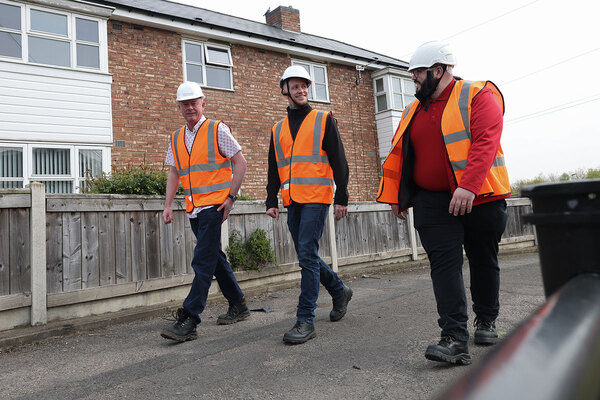You are viewing 1 of your 1 free articles
Social housing supply must hit pre-1990s levels post-pandemic, says leading economist
The supply of social housing needs to return to the levels seen before the 1990s as part of the government’s post-coronavirus recovery plan, a leading economist has said.
Trevor Williams, a visiting professor at the University of Derby and former chief economist at Lloyds Bank Commercial Banking, said social housing will be in “even greater supply” as the country experiences a “supply-side hit to living standards” and that major investment is needed to boost numbers.
Mr Williams, who was speaking at a session for Inside Housing’s Digital Housing Week, said the country would need to return to pre-1990s levels when it comes to new social homes.
In the years between 1980 and 1989, there were a total of 1.8 million homes built in England, with more than 440,000 of those built by councils or housing associations. Between 2010 and 2019, there were 1.48 million homes built in England and only 277,000 of those were built by councils or housing associations.
Mr Williams said that demand for social housing will be higher during the economic recovery from the coronavirus pandemic and the government must therefore increase investment in the sector as part of its stimulus programme.
He added that the economic hit from COVID-19 would impact the poorer groups, including younger people.
“We need to focus on growth sectors,” said Mr Williams and suggested the government needs to provide further overall stimulus package of around £200bn to £300bn.
The government could look to stimulate the economy via methods including cutting stamp duty, cutting VAT and increasing infrastructure spending, he said.
Stephen Gaskell, head of chief executive’s office at Southwark Council, highlighted the impact COVID-19 was having on poorer individuals, noting that the council has seen 9,000 new Universal Credit claimants since the pandemic took hold.
Sinéad Butters, chief executive of Aspire Housing, said further investment in social housing is a “no brainer” but that the sector needs to proactive in asking for funding.
“Sometimes we may be a bit passive in waiting for money to come our way, we should be making a lot of noise to get more funding,” she said.
Sara Bennison, chief product and marketing officer at Nationwide Building Society, said: “The government needs to invest in social housing now and ideally return it to levels that are at least as great as they were in 2010 to unlock long-term net savings and the wider economic social benefit.”
Ms Butters noted the importance of building for a range of tenures and suggested the government’s “one-size-fits-all homeownership philosophy” would not work in a post-coronavirus environment.
She highlighted the importance of housing associations to local economies and suggested that recruitment drives could help maintain a strong local economy.
Mr Williams agreed that a local approach to economic recovery is needed and that the government must look to decentralise.
“There’s a big social change underway and government must give up some power,” he said.
